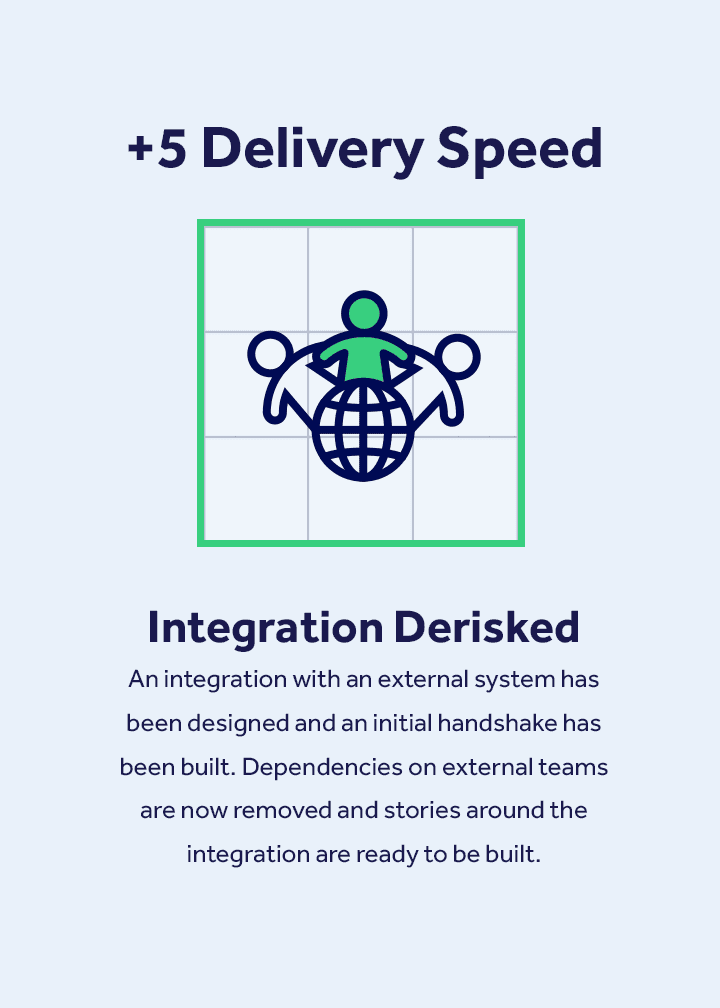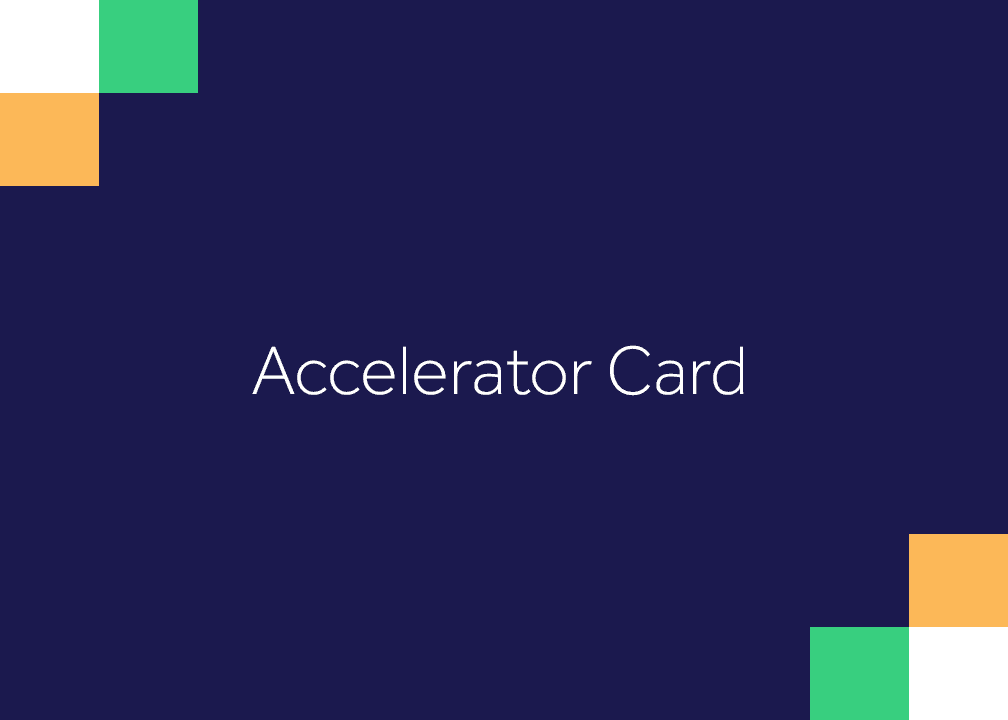I get together regularly to play board games with my friends. After one particular engrossing session of Catan, something clicked, and I saw a lot of similarities between that game and how new strategies are developed every day as Appian customers plan to automate their core business activities.
Further inspired by the co-operative gameplay dynamics of Pandemic, I began to draw up a framework for what Appian Customer Success (CS), the board game, would look like, and how it would be played. After one round of play you’ll be hooked, and inspired to join the CS team for real. Ready to play?
Introducing Appian Change Engine: The Low-Code Game.
Appian Change Engine is the latest craze taking over boardrooms worldwide. Players representing Appian Customer Success (CS) work cooperatively to identify solution opportunities, empower clients to make strategic automation decisions, and rapidly build software projects. It’s a race against the clock to provide business value. Fortunately, Appian CS is equipped with a Low-Code platform and delivery methodologies that empowers consultants to solve business problems and rapidly provide value.
Set the board.
Players start off by analyzing the board, which is a representation of a client’s organization. The team must decide where to pick their first automation project. Depending on where the project lands, it may have a variance of delivery time, business impact, and growth potential. The project will start generating business value points right away. The organization’s other areas will start generating business problems. The goal of the game is to generate more value points than problems. Identifying that first opportunity is key to setting up a successful automation strategy.
Choose your player.
Player tokens can only be in one place at one time so knowing where to focus their effort is critical. Player token locations will determine where value points are focused. Different teams will have different strengths that can be utilized when making tactical decisions. Each team plays a valuable role in the overall delivery strategy. At this time, players cannot utilize RPA (Robotic Process Automation)
to play their turns for them.
Play a turn.
Each turn will result in players pulling chance cards, which represent events that could happen in the lifespan of an engagement.
Positive chance cards contain scenarios such as:
- Successful functionality deployed
- Insights gained from sprint retrospective
- Beneficial requirements discussion
Negative chance cards contain scenarios such as:
- Increases in scope
- Shift in external dependencies
- Additional testing required

With any project, it’s impossible to know what the cards will hold. Each roll of the dice at the end of each turn will determine the amount of value points current projects are generating, and the amount of new problems that pop up. Problems can also arise on current automation projects in the form of technical debt and feature enhancements so it’s a good idea to continue to invest some points in operations and maintenance.
Seek out growth opportunities.
If players have earned enough value points, they can spend it on new automations. Creating a new automation in a selected area stops the creation of business problems and starts generating value points. Players will think strategically about where their next automation should be. Current projects can be expanded upon with value points or linked to new projects for even more efficiency gains.
Get an Accelerator Card.
Players can convert points to accelerator cards to deliver value even faster. Contained in this deck are offerings such as:
- Appian Accelerate to establish governance and make it easier to maintain apps with tailored expert advice.
- Appian Academy to equip team members to deliver functionality faster through online and in-person training courses.
- Appian Spark to uncover new automation areas through an interactive workshop-style engagement.

Accelerator cards can be played at critical moments to turn the game around.
Claim victory.
Players compete cooperatively to try to deliver as much value to the client before too many problems arise — Think market forces, new regulations, or technological requirements that are fundamentally changing how the client conducts their business. If players can deliver enough value points (can be viewed as a return on investment), before the problems (costs) overtake the client, the automation team will have formed a successful partnership. The client’s success is the main goal of the game.
New ways to play.
Appian is an evolving product and service. The platform is enhanced every quarter to make it easier to deliver code faster. New offerings, such as Process Mining, are made available to help discover automation opportunities. Customer Success is constantly adapting to meet the needs of our clients. With changes frequently occurring, there are many ways the game can be played over time.

Shall we play a game?
If your organization is considering automation tools, you can count on our Customer Success team to be there to support you to be at the top of your game!
We are always looking for consultants and developers who want to jump in on the fun. If you or someone you know is interested in working with us, please check out our open job listings.
----
For a more visual way on how to play check out the reel I created!